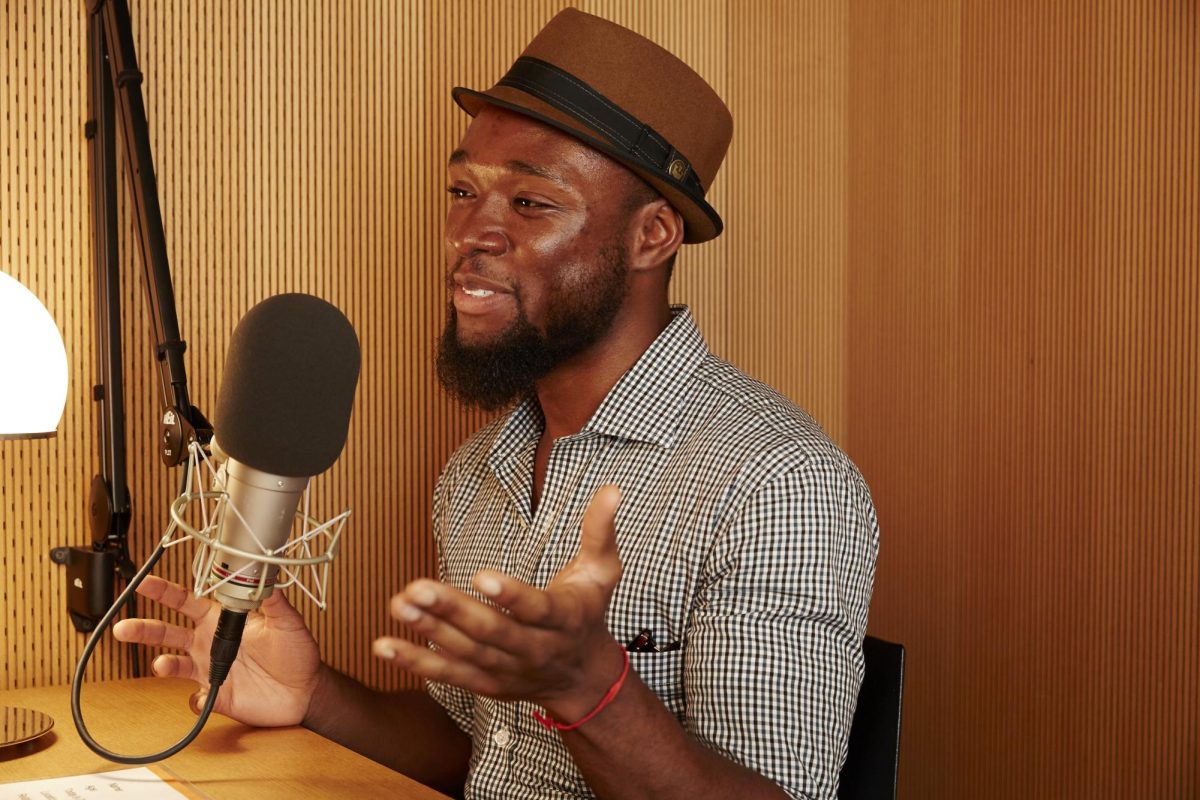University of Minnesota researchers are looking for ways to tackle the impact of increasingly severe weather on residents of the upper Midwest.
The research, presented Thursday at the University’s St. Paul campus, determined that people from the Duluth area acknowledge climate change is happening, and most of them perceive the community to be exposed or sensitive to extreme weather.
To understand the community impact, Holly Meier, a University graduate student, interviewed 27 Duluth residents and decision makers between March and August 2015 to better understand their infrastructure and protocol for extreme weather.
The research shows several opportunities and threats emerge that can help and hinder climate preparedness.
“In June 2012, Duluth, Minnesota, and neighboring communities experienced extreme precipitation and flooding, resulting in more than $50 million in infrastructure damage,” Meier said at the presentation.
The research participants noted concern over water systems, biological systems and community and social systems. They also noted concerns over wildlife, infrastructure, businesses and families of vulnerable populations.
“Our whole education system surrounds human capital preparedness. Our fire system is part of a risk we assume,” said forest resources professor Kristen Nelson, who helped with the study.
The research generates a dialogue about climate change and climate preparedness in people in the community as well as decision makers, said Mae Davenport, a forest resources professor who helped with the study.
“We were lucky to have a lot of willing participants who wanted to talk about climate change in the Lake Superior Headwaters,” Davenport said.
A lot of current research surrounding climate preparedness focuses on barriers in the community, Meier said.
In the future, Meier wants to focus on oppurtunites for climate preparedness as well as engaging the broader community and getting their input.
“The project kind of holds a mirror up to the community. It helps them reflect and have a more open dialogue,” Davenport said.







